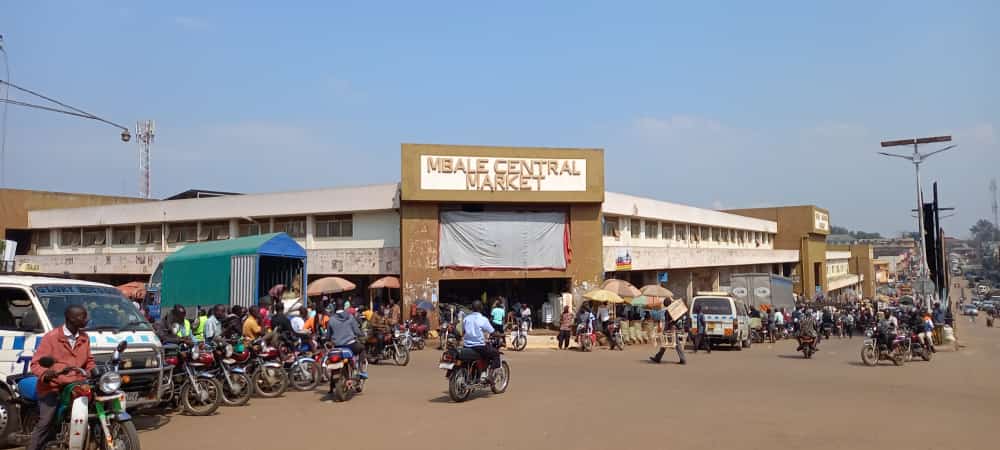Street food has long been a vibrant part of life in Mbale City, offering quick, affordable, and delicious meals that reflect the city's rich cultural heritage. While it remains a beloved tradition, the growing popularity of street food has also brought to light significant safety concerns.
The Allure of Street Food
Mbale's street food scene represents the city's culinary diversity. From the flavorful “Rolex” to the aromatic “Katogo”, among others. The accessibility and affordability of street food make it a convenient and economical option for residents and visitors alike.
However, the rapid growth of the street food industry has also led to challenges. Some vendors, driven by the desire to maximize profits, have resorted to unsafe practices that compromise the quality and safety of the food.
The Hidden Dangers
One of the most pressing concerns is the use of harmful additives to speed up the cooking process and reduce costs. Chemicals and drugs like paracetamol, when added to food, can pose serious health risks. Poor hygiene practices, such as operating in unsanitary conditions and neglecting proper sanitation, can also lead to contamination.
The proximity of food stalls to sewage lines and garbage dumps further exacerbates the risk of foodborne illnesses. These unsafe practices not only endanger the health of consumers but also tarnish the reputation of Mbale's street food culture.
A Safer Food Future
To address these challenges, local organizations like CONSENT are taking proactive steps. They collaborate with health authorities to ensure regular inspections and enforce food safety standards. Education and training programs equip vendors with the knowledge and skills to maintain high hygiene practices and handle food safely.
Furthermore, public awareness campaigns are crucial in educating consumers about the importance of choosing safe street food. By raising awareness, we can empower consumers to make informed decisions and demand higher standards from vendors.
Innovation on the Streets
Technology can play a vital role in improving street food safety. Mobile apps and online platforms can connect consumers with reputable vendors, provide information on food safety practices, and even facilitate contactless payments.
Moreover, innovative food stalls can incorporate hygienic practices, such as using disposable utensils, providing hand sanitizer, and maintaining clean cooking areas. These initiatives can enhance the overall experience for consumers while ensuring their safety.
A Community Affair
Transforming Mbale's street food scene requires a collaborative effort. Vendors, consumers, and regulatory bodies must work together to create a safer and more sustainable environment.
By prioritizing food safety, Mbale City can not only protect public health but also elevate its street food culture to new heights. A vibrant and safe street food scene can attract tourists, boost the local economy, and solidify Mbale's reputation as a culinary destination.
Remember, if it's not safe, it's not food! Let's work together to ensure that Mbale's street food remains a beloved tradition that is both delicious and safe for all.

